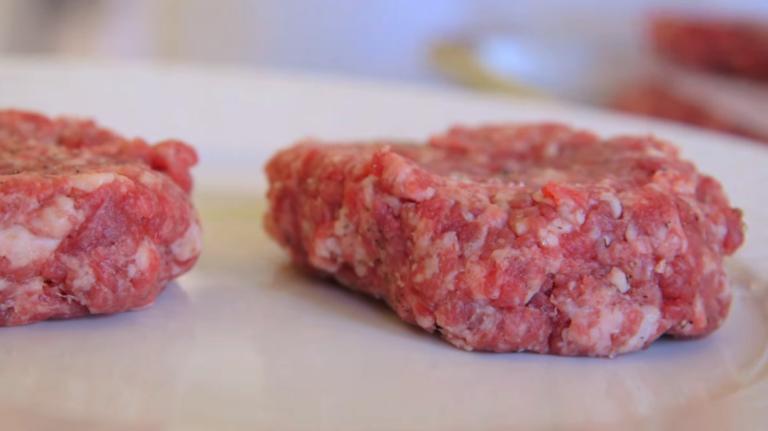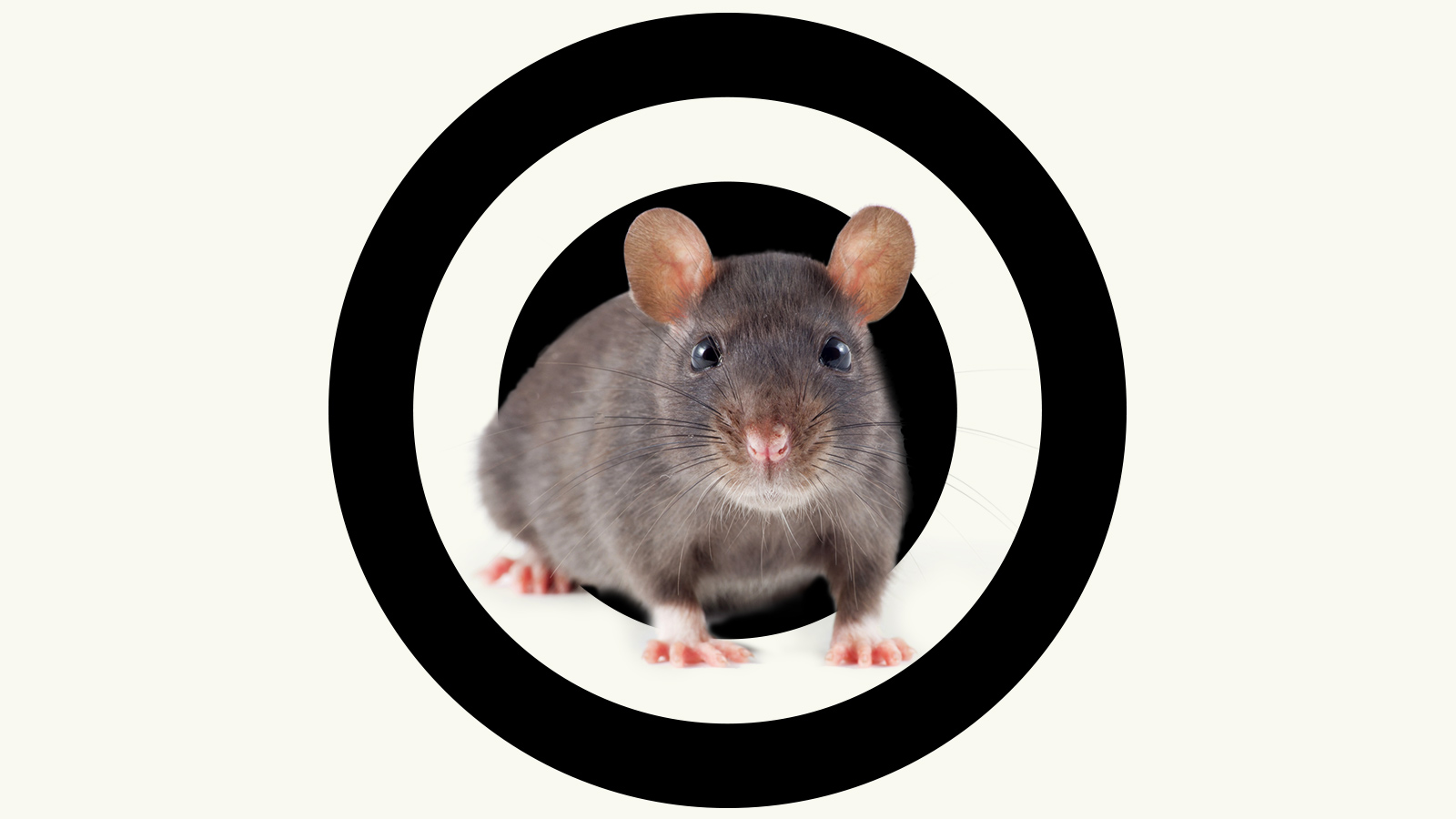Q. We have a rat in the house. How can we get rid of it?
Kristin M.
Gabriola, BC
A. Dearest Kristin,
Oh, my. I am a lover of all fauna, including the scaly, the squirmy, and the somewhat pestilential, but even I feel a shiver go down my spine at the thought of sharing my abode with a rat. They chew wires. They have a nasty disease named after them, Rat-Bite Fever. They are big, yet they can somehow squeeze through the tiniest of gaps. It’s unnatural, I tell you. All this to say that it’s high time you gave your rat its walking papers.
I have one hard-and-fast rule for you regarding this matter: Do not use rat poison. For one, it’s truly awful stuff that slays rodents in a most unpleasant fashion — the most popular formulas use anticoagulants, which make rodents slowly bleed to death internally. (The alternatives, such as nerve toxins and killer stomach gases, are no picnic, either.) And rats have a tendency to crawl somewhere inaccessible before they expire, then stink up your home in a kind of posthumous revenge. Rat poison is also highly toxic to more than rats — it’s dangerous for curious kiddos and pets, too.
But perhaps you care not a whit for rodents. Well, how do you feel about wise owls, majestic hawks, dapper foxes, and fuzzy bobcats? Rat poison kills all of these and more every year. Because anticoagulants take a while to work their dark magic, rodents tend to eat lots of them, concentrating the toxins in their bodies before they die. And when they don’t end up decaying in your crawlspace, rats and mice head back outdoors, where they become poisoned prey for predators and scavengers. These creatures are trying to give us a hand with our rat problems naturally, and this is how we repay them.
This problem has gotten so bad that our own EPA recently ordered a phase-out of the worst kinds of anticoagulants, though they may still be on some store shelves right now; you can still get them in Canada, albeit with restrictions. Other types of rat poisons also pose a risk to wildlife, though, so steer clear.
What to do instead? Well, depending on how much you like these clever little intruders, you can trap ‘em or outright kill ‘em. If you want to spare the critter’s life, you can bait a reusable trap and then release it back into the wild. You’ll probably want to take it farther than your backyard, Kristin, to keep it from waltzing right back inside. If this is more of a Wanted: Dead or Alive situation, then the classic snap trap delivers swift and humane justice. Just make sure to use enough of them: Experts recommend setting a dozen.
And if your one rat turns out to have friends, or you’d rather outsource this dilemma, then by all means call a professional. Look for wildlife control organizations or outfits that use Integrated Pest Management tactics (IPM) rather than garden-variety exterminators, as you don’t want someone else mining your home with rat poison, either (and in the States, the pros can still use the worst of the anticoagulants).
Unlike in basketball, the best offense is a good defense when it comes to pest control. Once you’ve evicted your unwelcome guests, Kristin, make sure they don’t come back by sealing up all gaps, holes, or vents in your home with caulk or steel wool (just stuff it right in the cracks). Trim back tree branches that come within about six feet of your roof, if you suspect that’s how the little buggers are getting in. You might also try some natural repellants: I’m hearing good things about peppermint oil-soaked cloths, but I can’t personally vouch for them. (Here’s a delightful video from the EPA with a few more anti-rat tips.)
Finally, I’d be remiss not to mention the most natural of rat control strategies: predators. A cat (or a rat terrier) might be just the thing to scare the rodents away. Or chew on this: A barn owl family can eat 3,000 rodents every year. Building a barn owl box can lure these rat assassins right to your yard – as long as your whole neighborhood promises not to use rat poison, that is. The food web: Sometimes it works against us (shark attacks), but hey, sometimes it works for us.
Umbra




